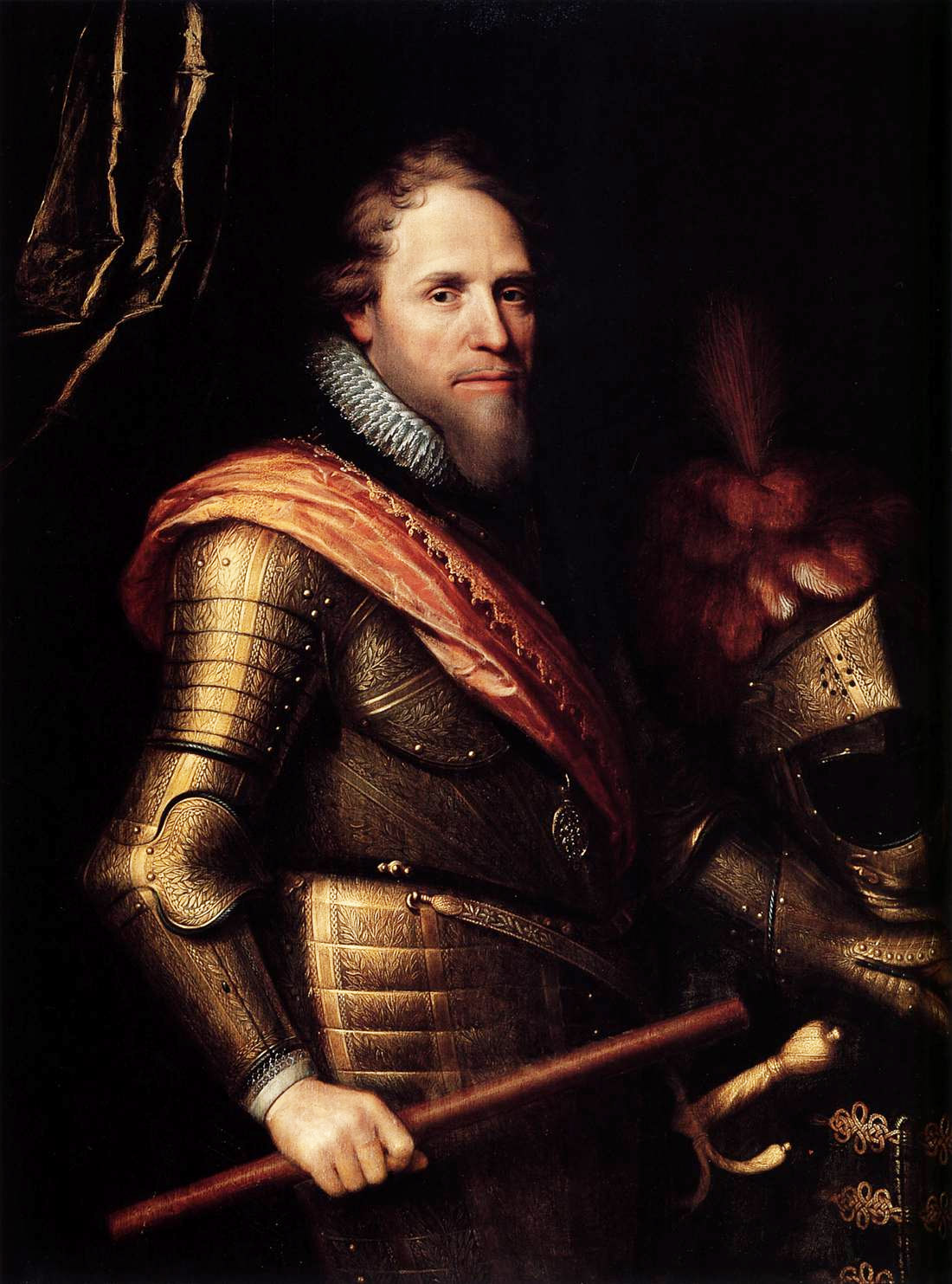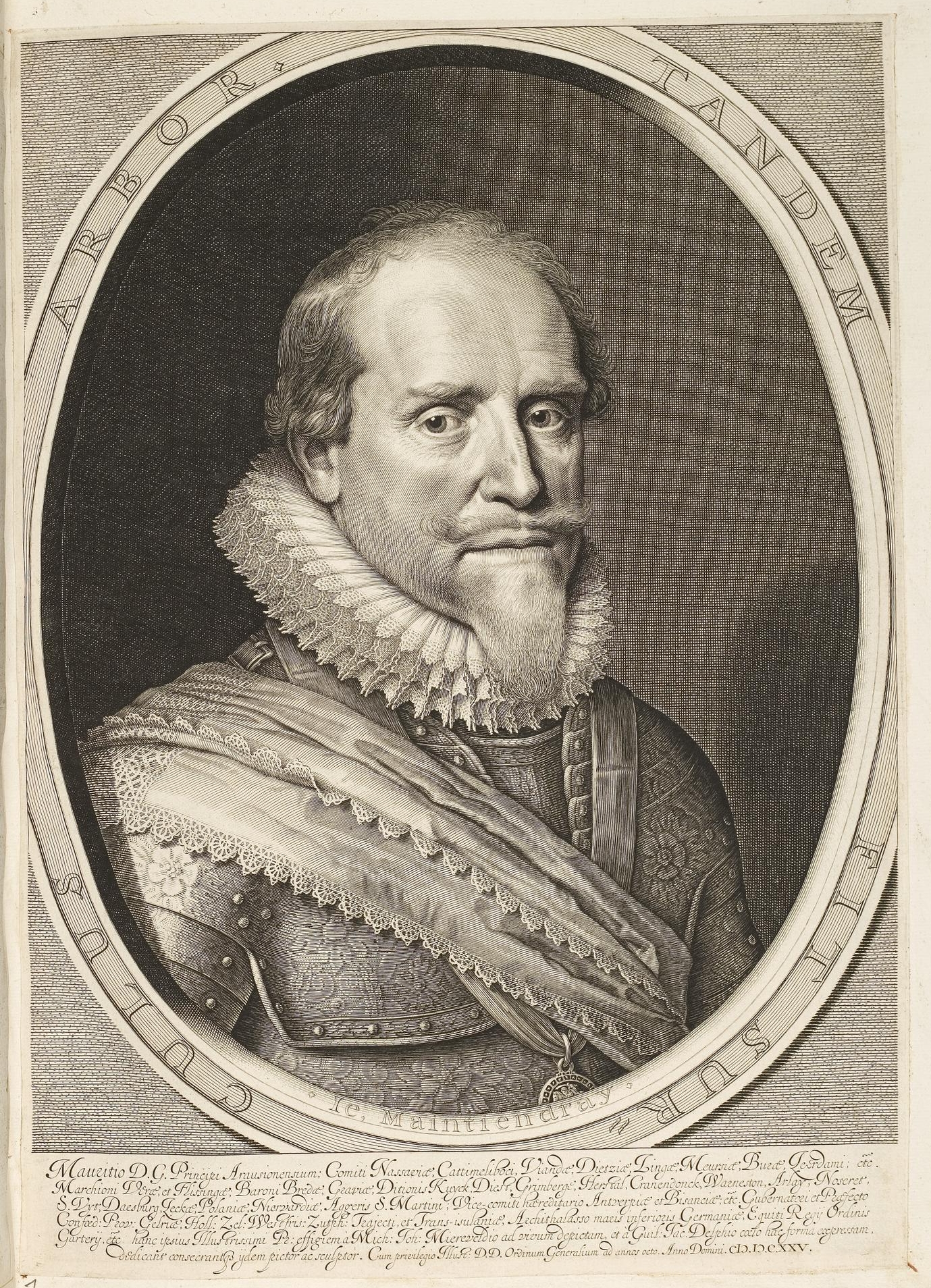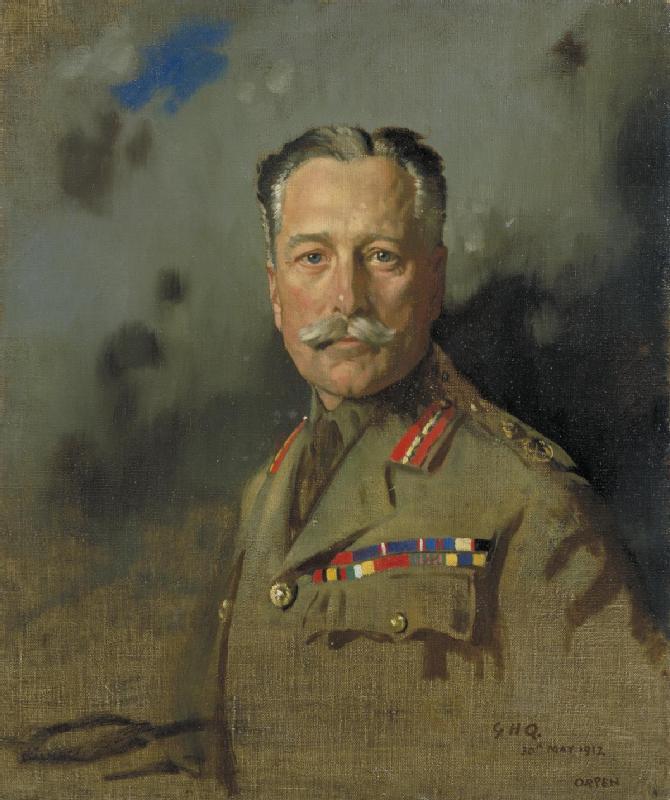|
Rijnberk
Rheinberg () is a town in the district of Wesel, in North Rhine-Westphalia, Germany. It is situated on the left bank of the Rhine, approx. north of Moers and south of Wesel. It comprises the municipal districts of Rheinberg, Borth, Budberg, and Orsoy. History Rheinberg, is first documented in 1003, came into the possession of the archbishops of Colognein the 11th century. After the town rights of Rheinberg had been granted to Archbishop Heinrich von Molenark in 1233, the construction of a city fortification began. This was initially only made of wood, but was replaced at the end of the 13th century by basalt, among other things. Almost at the same time, around 1293, the construction of the electoral palace and the customs tower called the ''Powder Tower,'' northeast of the city center, began. Explosion of the Powder Tower in 1598, in which large parts of Rheinberg, the castle and the associated Old Waiter's Shop were destroyed The castle was surrounded by a moat and had fo ... [...More Info...] [...Related Items...] OR: [Wikipedia] [Google] [Baidu] |
Siege Of Rheinberg (1597)
The siege of Rheinberg took place from the 9 to 19 August 1597 during the Eighty Years' War and the Anglo–Spanish War (1585), Anglo–Spanish War by a Dutch and English army led by Maurice of Orange. The siege ended with the capitulation and the withdrawal of the Spanish after much unrest in the garrison. The liberation of the city of Rheinberg was the commencement of Maurice's campaign of 1597, a successful offensive against the Spaniards during the period known as the ''Ten Glory Years''.Israel pg 29-30 Background The fortified town of Rheinberg, which had been in the possession of the Electorate of Cologne, had been garrisoned by the Spanish for seven years after the place was Siege of Rheinberg (1586–1590), finally taken by Peter Ernst I von Mansfeld-Vorderort, Peter Ernst I von Mansfeld on 3 February 1590 after a four-year siege. In mid 1597, the States-General of the Netherlands, government at The Hague with improved funding ordered a new campaign for Maurice of Orange ... [...More Info...] [...Related Items...] OR: [Wikipedia] [Google] [Baidu] |
Siege Of Rheinberg (1601)
The siege of Rheinberg, also known as the Rhine campaign of 1601, was the siege of the towns of Rheinberg (Old Dutch: Rijnberk) and Meurs from 12 June to 2 August 1601 during the Eighty Years' War and the Anglo–Spanish War. Maurice of Orange with an Anglo-Dutch army besieged the Spanish-held cities in part to distract them before their impending siege at Ostend. Rheinberg, an important city, eventually capitulated on 28 July after a Spanish relief force under Herman van den Bergh failed to relieve the city. The towns of Meurs surrendered soon after. Background In mid-June 1601 Albert of Austria was in preparation to besiege the Anglo-Dutch held town of Ostend, and at the same time the States General demanded that the stadtholder Maurice of Orange should march to relieve the city. Francis Vere, the English governor of Ostend, was frustrated at the lack of Dutch response from both the States General and from Maurice; particularly when a few veteran English companies including Ed ... [...More Info...] [...Related Items...] OR: [Wikipedia] [Google] [Baidu] |
Alpen, Germany
Alpen is a municipality in the district of Wesel, North Rhine-Westphalia, Germany. Geography Alpen is situated in the Lower Rhine region, located between the Ruhr area and the border with the Netherlands. Adjacent cities are Rheinberg, Xanten. Division of the town The municipality consists of 4 districts: *Alpen *Menzelen *Veen *Bönninghardt History Alpen was mentioned documentarily for the first time in 1074. Politics The local Municipal Council is represented by the Christian Democratic Union, Social Democratic Party of Germany, Alliance '90/The Greens and the Free Democratic Party. Transportation Alpen is reachable by the Bundesautobahn 57 and the federal highways B57 and B58. There is also a train, the RB31 from Duisburg Hbf (direction Xanten) every hour which stops at Alpen. From there it is a 10-minute walk into the centre of Alpen. Security The municipality of Alpen maintains a Volunteer Fire Department consisting three firehouses with about 105 active firefighter ... [...More Info...] [...Related Items...] OR: [Wikipedia] [Google] [Baidu] |
Commonwealth War Graves Commission
The Commonwealth War Graves Commission (CWGC) is an intergovernmental organisation of six independent member states whose principal function is to mark, record and maintain the graves and places of commemoration of Commonwealth of Nations military service members who died in the two World Wars. The commission is also responsible for commemorating Commonwealth civilians who died as a result of enemy action during the Second World War. The commission was founded by Fabian Ware, Sir Fabian Ware and constituted through Royal Charter in 1917 as the Imperial War Graves Commission. The change to the present name took place in 1960. The commission, as part of its mandate, is responsible for commemorating all Commonwealth war dead individually and equally. To this end, the war dead are commemorated by a name on a headstone, at an identified site of a burial, or on a memorial. War dead are commemorated uniformly and equally, irrespective of military or civil rank, race or creed. The co ... [...More Info...] [...Related Items...] OR: [Wikipedia] [Google] [Baidu] |
Brigitte Mohnhaupt
Brigitte Margret Ida Mohnhaupt (born 24 June 1949) is a German convicted former terrorist associated with the second generation of the Red Army Faction (RAF) members. She was also part of the Socialist Patients' Collective (SPK). From 1971 until 1982 she was active within the RAF. Early life Mohnhaupt was born in Rheinberg, North Rhine-Westphalia, the daughter of an employee in a publishing house. After her parents' divorce in 1960 she stayed with her mother. She took her abitur in 1967 in Bruchsal, and later that year enrolled with the philosophy department at the University of Munich. She was married to Rolf Heissler from 1968–1970. While in Munich, she joined the local commune scene, where she met core figures of the 1960s student movement such as Rainer Langhans, Fritz Teufel and Uschi Obermaier. In 1969, she participated in a demonstration in the USA cultural centre in Munich (''Amerikahaus'') to protest against the Vietnam War. She was reportedly influenced by Carlos Marig ... [...More Info...] [...Related Items...] OR: [Wikipedia] [Google] [Baidu] |
Klaus Zumwinkel
Klaus-Gerhard Maximilian Zumwinkel (, born December 15, 1943) was Chief Executive Officer (CEO) and Chairman of Deutsche Post between 1990 and 2008. Being under suspicion of Tax avoidance and tax evasion, tax fraud, he resigned from office on February 15, 2008. He was convicted in January 2009, and given a suspended sentence of two years imprisonment and fined one million euros. Early life Zumwinkel was born in Rheinberg, Kreis Moers, Rheinprovinz, which is now in Kreis Wesel, Nordrhein-Westfalen. He attended Gymnasium Adolfinum in Moers and studied business at the University of Münster. Following graduation in 1969, he attended Wharton Business School of the University of Pennsylvania from 1970. He gained his M.Sc. in 1971, and returned to the University of Münster, where he qualified as Dr. rer. pol. in 1973. Career Zumwinkel began his career as a consultant with McKinsey & Company, McKinsey in 1974, leaving to become CEO of Arcandor, Quelle in 1984 before subsequently jo ... [...More Info...] [...Related Items...] OR: [Wikipedia] [Google] [Baidu] |
Franz Bücheler
Franz Bücheler (3 June 18373 May 1908) was a German classical scholar, was born in Rheinberg, and educated at Bonn, where he was a student of Friedrich Ritschl (1806–1876). Biography In 1856 Bücheler graduated from the University of Bonn with a dissertation on linguistic studies of the Emperor Claudius. He held professorships successively at Freiburg (associate professor in 1858, full professor in 1862), Greifswald (from 1866), and Bonn (1870 to 1906). At Bonn, he worked closely with Hermann Usener (1834–1905). Both as a teacher and as a commentator he was extremely successful. His research spanned the entirety of Greco-Roman antiquity, from poetry and sciences to the mundane aspects of everyday life. In 1878 he became joint-editor of the ''Rheinisches Museum für Philologie''. Among his editions are: *''Frontini de aquis urbis Romae'' (Leipzig, 1858) *''Pervigilium Veneris'' (Leipzig, 1859) *''Petronii satirarum reliquiae'' (Berlin, 1862; 3rd ed., 1882) *''Grundriss der l ... [...More Info...] [...Related Items...] OR: [Wikipedia] [Google] [Baidu] |
Salmon & Gluckstein
Salmon & Gluckstein were a British tobacconist. Founded in London in 1873 by Samuel Gluckstein and Barnett Salmon (1829–1897), they pursued an aggressive expansion to become the largest tobacco sellers in the UK, with over 140 retail outlets. They claimed however to be the largest tobacconist in the world. History The Gluckstein and Salmon families grew to prominence in the second half of the nineteenth century through their involvement in the tobacco industry. Beginning as small-time cigar manufacturers, by the turn of the century Salmon and Gluckstein Ltd was the world's largest retail tobacconist, owning 140 retail outlets in 1901. Salmon and Gluckstein Ltd was bought by Imperial Tobacco in 1902 and the brand remained in prominence until 1955. The business was started in 1855 by Samuel Gluckstein who, having arrived in London in 1841 from Germany, began working in the Jewish tobacco industry. The first business operated from Crown Street, Soho, and by 1864, when the firm ... [...More Info...] [...Related Items...] OR: [Wikipedia] [Google] [Baidu] |
Samuel Gluckstein (1821-1873)
Sir Samuel Gluckstein (28 September 1880 – 19 August 1958) was a British solicitor and politician. Early life He was the son of Isidore Gluckstein (1851-1920), son of one of the founders of J. Lyons and Co. (Samuel Gluckstein), and his wife Rose (née Cohen). Gluckstein was educated at the City of London School and privately. Career He subsequently studied law and became a partner in the Bartlett & Gluckstein, solicitors. In 1906, he entered local politics when he was elected to Westminster City Council as a Municipal Reform Party councillor. The Municipal Reformers were allied to the parliamentary Conservative Party. He was Mayor of Westminster in 1920-21 and became an alderman in 1924. In 1953 he was made an honorary freeman of Westminster. In 1929 he became a member of the London County Council, sitting as a councillor representing Westminster, Abbey until 1949. He was chairman of the council's finance committee in 1932-34 and Deputy Chairman of the County Council in 193 ... [...More Info...] [...Related Items...] OR: [Wikipedia] [Google] [Baidu] |
Montreuil, Pas-de-Calais
Montreuil (; also nl, Monsterole), also known as Montreuil-sur-Mer (; pcd, Montreu-su-Mér or , literally ''Montreuil on Sea''), is a sub-prefecture in the Pas-de-Calais department, northern France. It is located on the Canche river, not far from Étaples. The sea, however, is now some distance away. Montreuil-sur-Mer station has rail connections to Arras and Étaples. Sights Montreuil is surrounded by notable brickwork ramparts, constructed after the destruction of the town by troops of Habsburg emperor Charles V in June 1537. These fortifications pre-date the extensive fortification of towns in northern France by Sébastien Le Prestre de Vauban in the 17th century. History Montreuil was the headquarters of the British Army in France during the First World War from March 1916 until it closed in April 1919. The military academy there provided excellent facilities for GHQ. Montreuil was chosen as GHQ for a wide variety of reasons. It was on a main road from London to Paris— ... [...More Info...] [...Related Items...] OR: [Wikipedia] [Google] [Baidu] |
Hohenstein-Ernstthal
Hohenstein-Ernstthal () is a town in the Zwickau rural district, Saxony, Germany. The towns of Hohenstein and Ernstthal were united in 1898, and the town is either known by its hyphenated form, or simply called Hohenstein. The town grew in the 15th century after silver mines were established nearby. Ernstthal was named in honor of August Ernst von Schoenburg. Physicist Gotthilf Heinrich von Schubert and inventor Christoph Gottlieb Schröter were born in Hohenstein. The writer Karl May was born in Ernstthal. The house of his birth is a museum. Furthermore, Hohenstein-Ernstthal is especially famous for the Sachsenring racing circuit. History In the 15th century, the town of Hohenstein was established after silver was found and mined there. The name is said to be derived from the phrase ″uff dem hohen Stein″ (on the high rock), that the first settlers used when they saw the Pfaffenberg mountain. In 1680 some people from Hohenstein moved to the forest near the town to escape t ... [...More Info...] [...Related Items...] OR: [Wikipedia] [Google] [Baidu] |
Sister City
A sister city or a twin town relationship is a form of legal or social agreement between two geographically and politically distinct localities for the purpose of promoting cultural and commercial ties. While there are early examples of international links between municipalities akin to what are known as sister cities or twin towns today dating back to the 9th century, the modern concept was first established and adopted worldwide during World War II. Origins of the modern concept The modern concept of town twinning has its roots in the Second World War. More specifically, it was inspired by the bombing of Coventry on 14 November 1940, known as the Coventry Blitz. First conceived by the then Mayor of Coventry, Alfred Robert Grindlay, culminating in his renowned telegram to the people of Stalingrad (now Volgograd) in 1942, the idea emerged as a way of establishing solidarity links between cities in allied countries that went through similar devastating events. The comradesh ... [...More Info...] [...Related Items...] OR: [Wikipedia] [Google] [Baidu] |






.jpg)